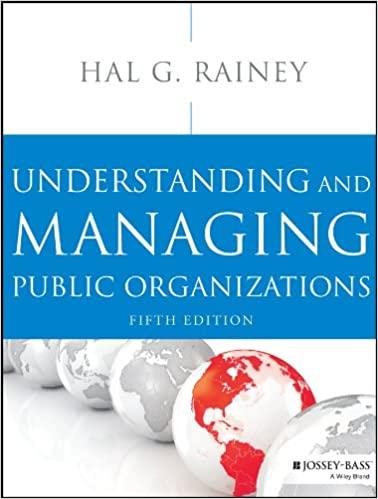Question
Earl Wimberly is selling an old impressionist-style painting that he bought at a yard sale a few years ago. He took it to an appraiser
Earl Wimberly is selling an old impressionist-style painting that he bought at a yard sale a few years ago. He took it to an appraiser and found out that it was easily worth $150,000 dollars. He wants to sell it so he can buy a new electric vehicle. He takes out an ad online and lists the painting for $150,000. Janet Lisemby, an avid art collector, sees Earls ad for the painting and contacts him to look at it in person. She takes it to an independent appraiser who tells her that the painting is in excellent shape and might be worth more that Earl realizes as it is a previously lost work in the painters career whose other paintings are now selling for over $400,000.
Janet decides to purchase the painting and negotiates with Earl. They agree on terms and she writes a $15000 check to Earl as an initial deposit with the rest due the next day. They further agree that Earl will hold onto the painting until she gives him the remaining $135,000 the next day. The memo section of the check read: "Deposit on purchase of the painting owned by Earl Wimberly. Sale price $150,000." Earl initialed the check next to this line and took the payment from Janet.
When Jane returned the next day with a $135,000 cashiers check, Earl said, "Sorry, I feel terrible about this but I sold the painting for $500,000 after you left yesterday. An art expert called me after you left and then came by and paid me and took the painting last night. I tore up your check so you wont have to worry about canceling it.
Jane still has the duplicate copy of the check initialed by Earl in her checkbook.
The cheapest comparable painting that Janet can find elsewhere is another work by the same artist that just went on sale at a gallery for $625,000.
Discuss in detail the following:
| a. | What, in general, is a contract? How is one formed? Was one formed in this situation? (In answering this part of the question, please demonstrate whether this contract falls under the UCC or common law and discuss how each element of contract formation is, or is not, met with these facts) |
| b. | What is the statute of frauds? Is the statute of frauds going to hurt Janet's likely arguments under these facts? Why, or why not? |
| c. | Does Janet have any argument(s) to make in court against Earl? For example, could she argue that Earl breached a contract? How would she win such a case? If she prevails, could Janet collect damages from Earl? If so, what form and/or amount would they be? |
Step by Step Solution
There are 3 Steps involved in it
Step: 1

Get Instant Access to Expert-Tailored Solutions
See step-by-step solutions with expert insights and AI powered tools for academic success
Step: 2

Step: 3

Ace Your Homework with AI
Get the answers you need in no time with our AI-driven, step-by-step assistance
Get Started


